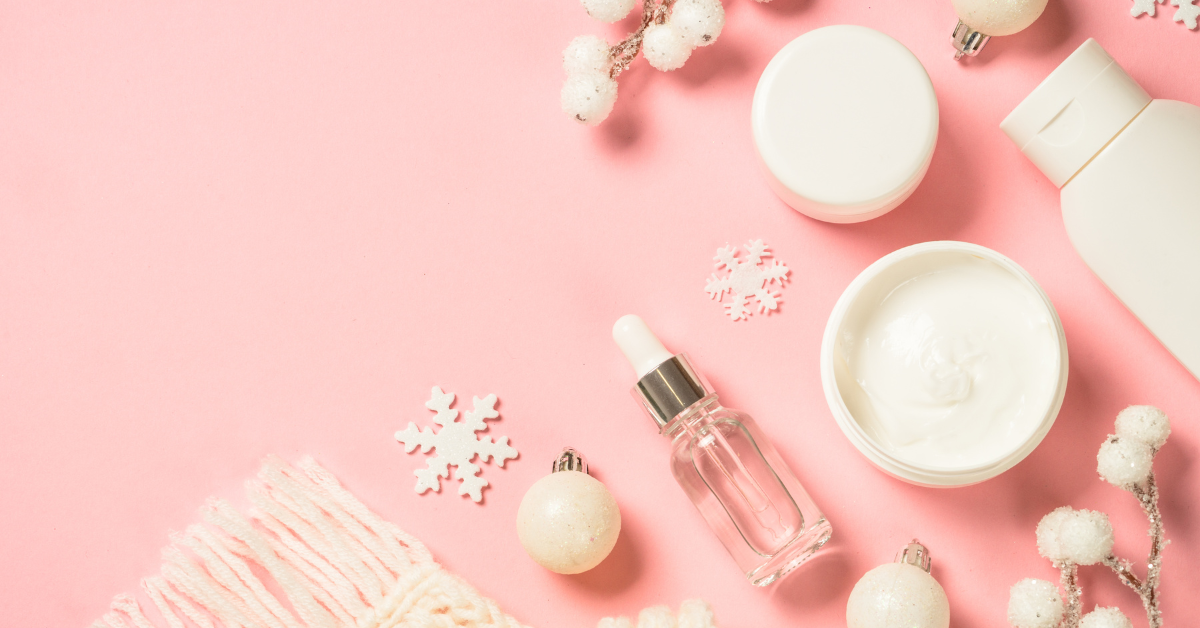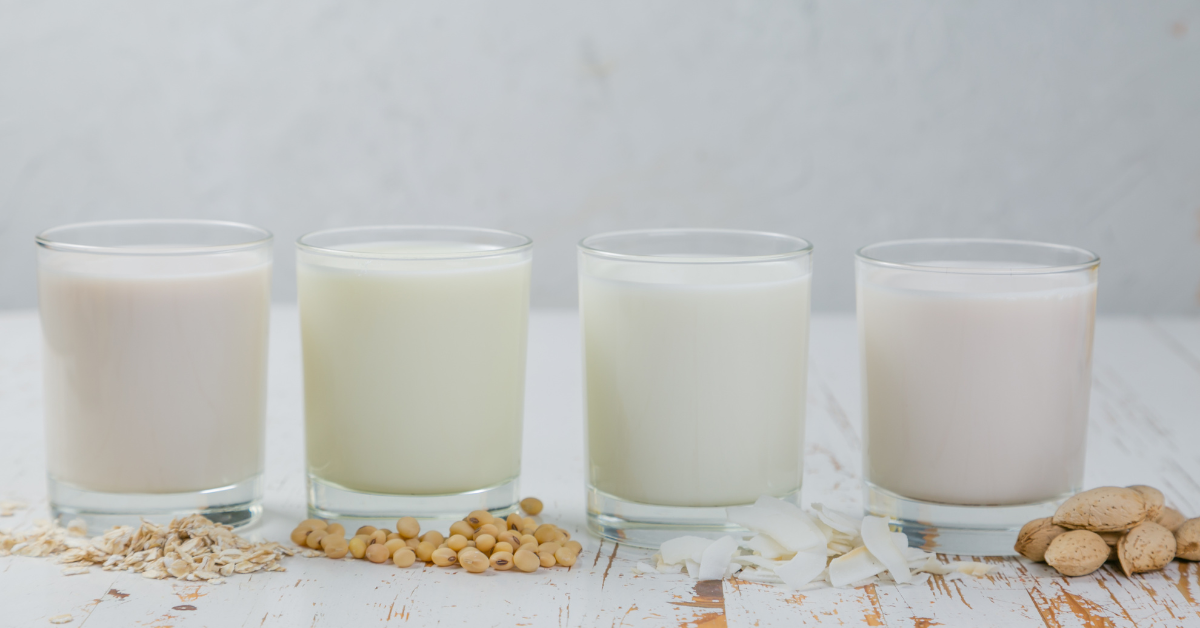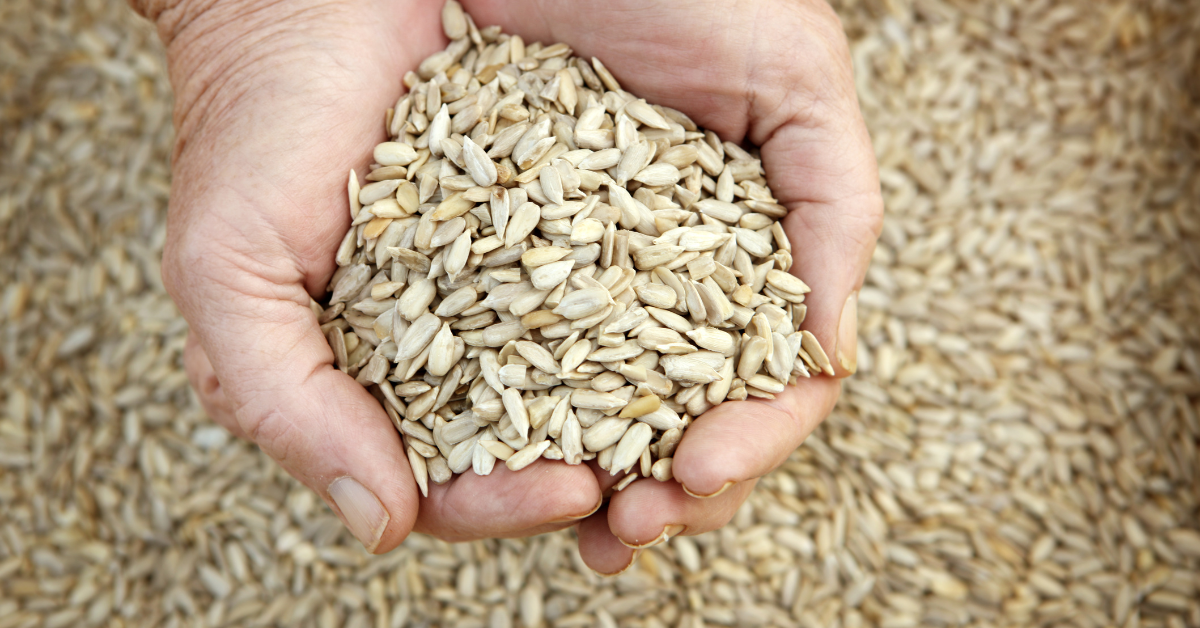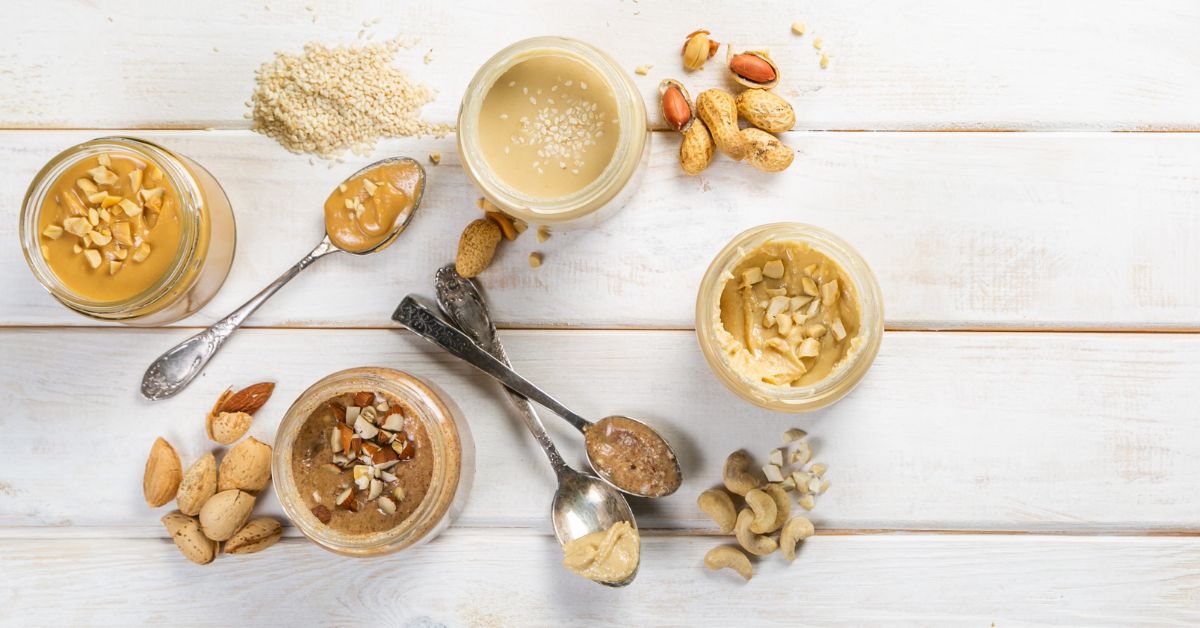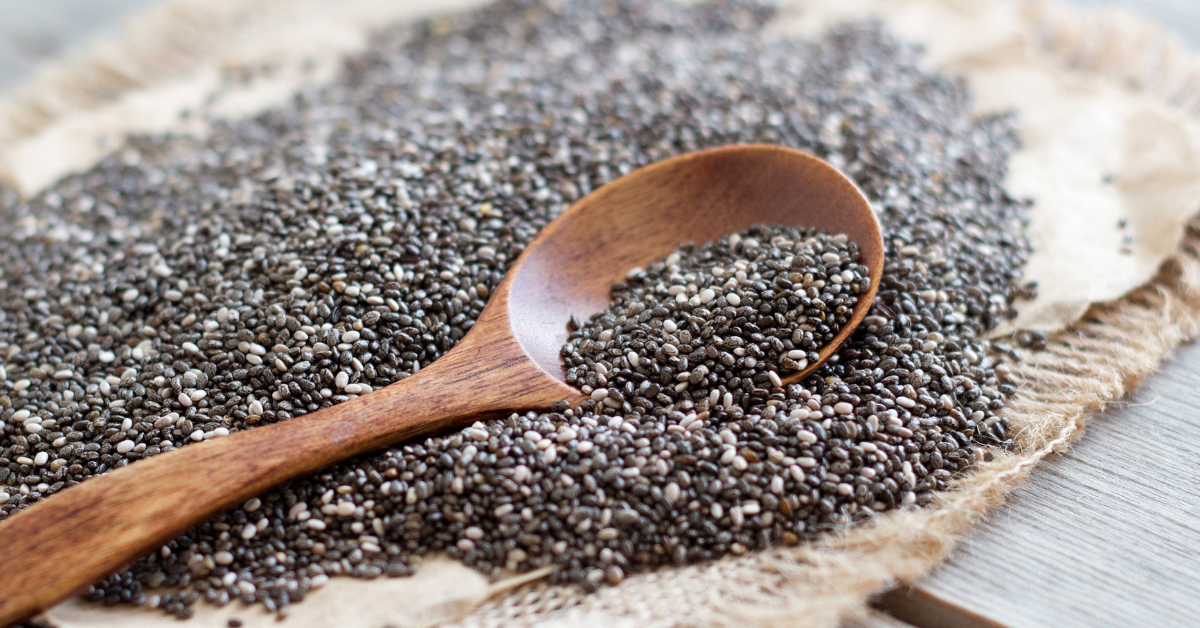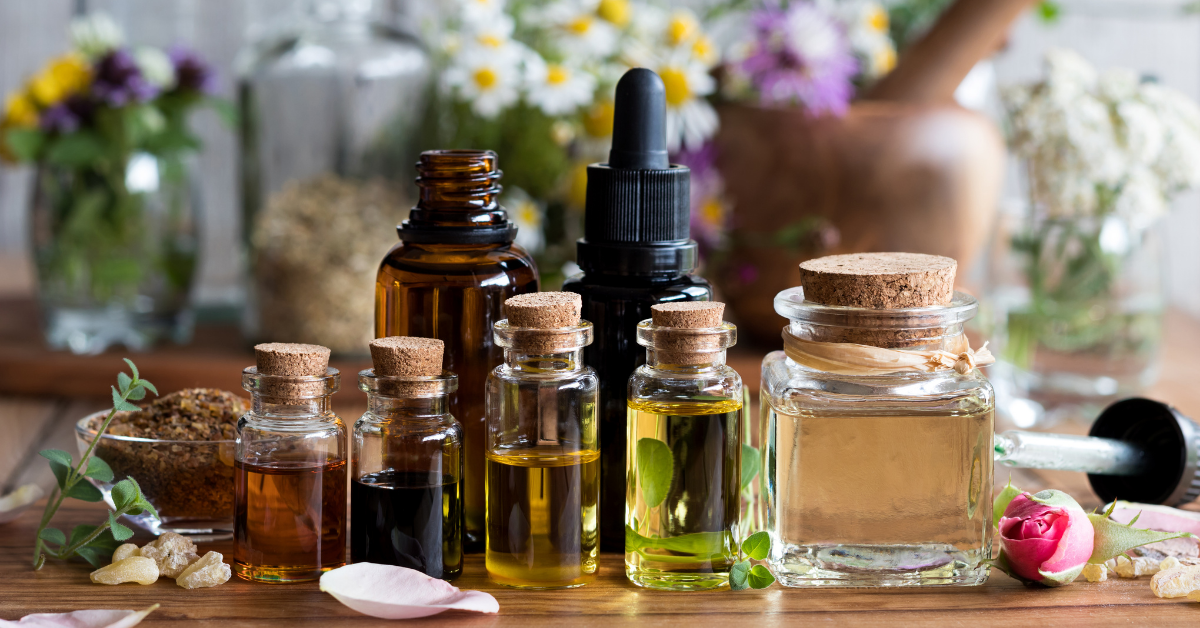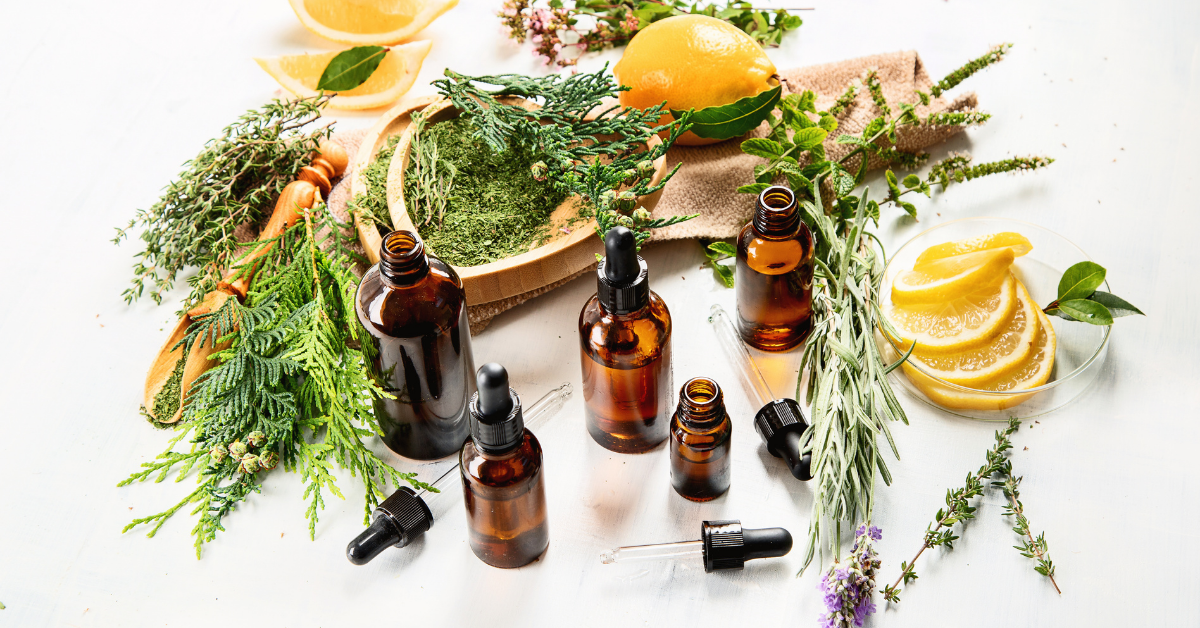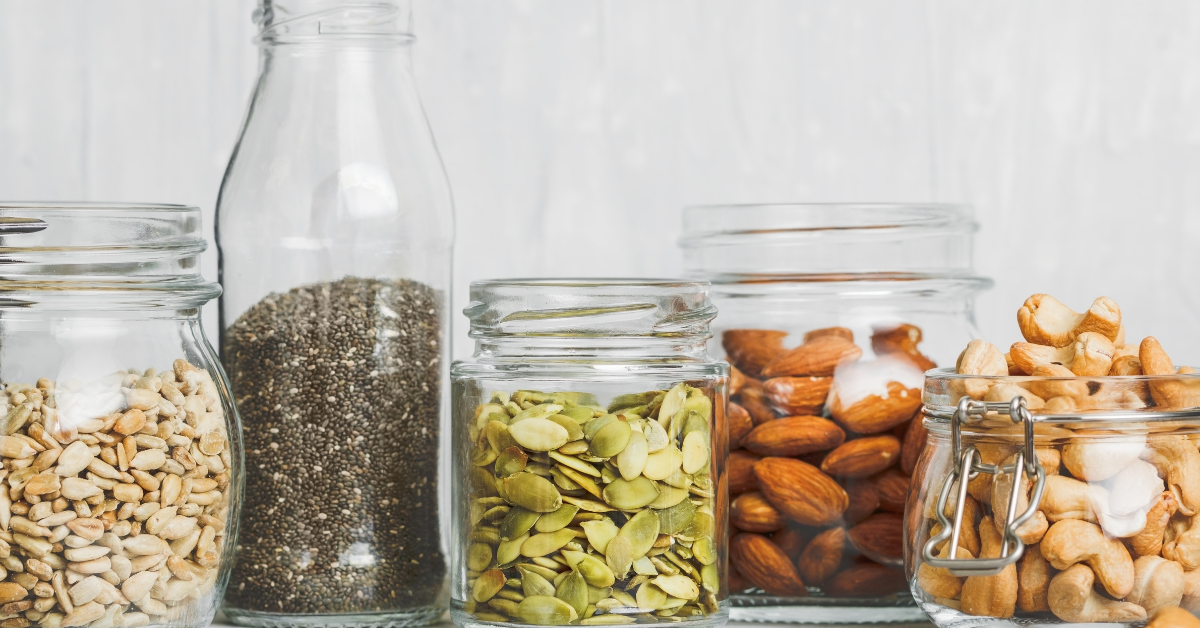Articles
If your new years resolution is to cut back your meat consumption this year, then get inspired by our compendium of meat-free dinners. We’ve chosen budget-friendly and easy meals to show you how simple meat-free dinners can be!
Read More »As the cold weather creeps in, you might notice your skin feeling drier or flakier. Or maybe your hair isn’t feeling as soft as normal. The cold weather can really dry us out. Not to fear, we are bringing you our winter skin care essentials! All our favourite products that help protect our skin throughout the colder months!
Read More »With the rising cost of living, we will explore in a series of articles how you can create homemade versions of your favourite recipe – for less! Today we look at Milk Alternatives. We love keeping our favourite milk alternatives to hand. The good thing about many of the milk alternatives that we sell at Healthy Supplies, is that they are UHT. Meaning they don’t have to be stored in the fridge until opened.
We also like making our own milk alternatives! It’s a great way to use up extra nuts and you can tailor the flavour to suit you. It also helps you out when you are in a pinch and either can’t get your favourite milk alternative or you are waiting for your next Healthy Supplies order to arrive!
Check out some of our favourite recipes!
Read More »At Healthy Supplies HQ we LOVE Sunflower seeds. These crunchy little seeds make a great addition to both sweet and savoury recipes. But these seeds aren’t just delicious, they are also really good for you!
Sunflower seeds are an excellent source of lots of vitamins and minerals, which are essential for a healthy immune system. In fact studies have shown that consuming sunflower seeds can help lower your risk of developing illnesses such as cardiovascular disease, strokes and type 2 diabetes.
Peanuts are one of our most popular nuts and with good reason too. They are high in protein meaning they help keep you fuller for longer. They are also a great source of dietary fibre as well as being rich in vitamins and minerals. Not to mention they are the key ingredients in one of our favourite nut butters! They can be used in sweet and savoury recipes, making them really versatile. Check out some of our favourite peanut recipes!
Read More »The peanut is an ancient food that has been cultivated for thousands of years, and is native to tropical regions of South America. The peanut plant was introduced to Europe during the 16th century, and eventually spread throughout the Americas. Today, the bulk of the world’s peanut production comes mainly from China, India, Nigeria, Sudan, Burma, Argentina and Senegal.
At Healthy Supplies, we love peanuts. They impart a wonderful nuttiness to a huge array of dishes, both sweet and savoury. They’re so versatile – we love adding them to sweet recipes like our vegan snickers bars! They’re also the main ingredient in the dipping sauce for our delicious satay tofu. It’s fair to say that peanuts are one of the most popular snacks in the world. SO let’s look deeper into their history and how they have evolved over time….
Read More »
Chia seeds are tiny, oval-shaped seeds. They’re easy to use and can be added to both sweet and savoury recipes. We love adding chia seeds to smoothies, oatmeal, salads, and baked goods. You may have seen these little nutritional powerhouses being used to make delicious puddings in Tik Tok videos, but do you know they are one of the healthiest things you can eat? Read on to discover the nutritional benefits of chia seeds!
Read More »Monday 6th June marks the start of Aromatherapy Awareness Week. Aromatherapy Awareness Week is an annual national campaign hosted by the International Federation of Aromatherapists (IFA) to raise awareness of the benefits of aromatherapy. You can read more about it here. We stock a wide range of brilliant, ntural aromatherapy oils! Here we share out top ten along with their health benefits. Read on to discover more!
Read More »Monday 6th June marks the start of Aromatherapy Awareness week. Aromatherapy has long been used to improve the health of the body, mind and spirit. Its primary focus is on how essential oils gathered from plant-based sources can help us. Essential oils are very concentrated, and consequently have powerful aromas. These can be extracted from many different aspects of the plant – from flowers, leaves, twigs, branches, seeds, fruit, cones, bark, wood, roots and even resin.
Aromatherapy oils can be used in lots of different ways. They each have different properties that make them excellent for a range of things including beauty, cleaning and more!
Let’s explore the different ways that aromatherapy can be beneficial for your health….
Read More »
The best budget-friendly recipes are those that require few ingredients. All you need to do is invest in a few staple ingredients and then you can create a variety of different meals. We want to share with you our favourite recipes made from store cupboard essentials. These are the kind of recipes that you can whip up with the leftover veg you have in the fridge and some trusty dried goods from the pantry. Many a delicious dinner that we’ve served has come about after a frantic whip-round of our cupboards when friends have dropped by unannounced, or teens have come home after school with friends in tow begging to be fed. Healthy Supplies specialises in getting goods from our store to your door, and we offer over 6000 products which are perfect pantry essentials – products to keep on hand that you can use to make nutritious and delicious dinners.
Please note that we are aware not everyone will have all the herbs and ingredients that we mention below! Don’t fret if you don’t have all the ingredients. You can leave certain ingredients out or sub in what you have in the house!
This article will show you how to make the most out of your cupboard staples, so that you can make healthy, quick and easy meals for the whole family.
So read on and check out our favourite recipes that are purse-friendly and easy to make….
Read More »

